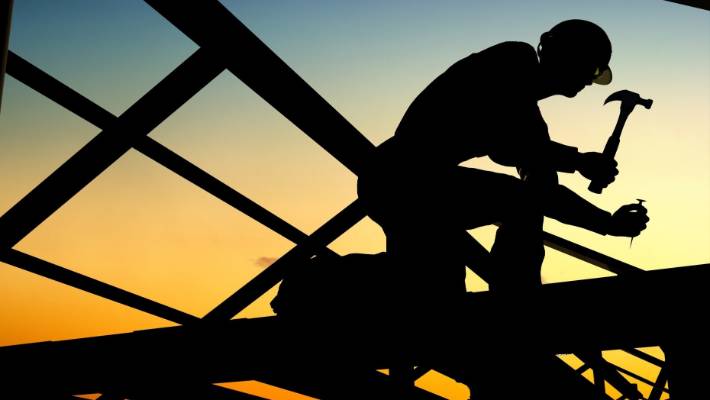PHOTO: When compared globally, New Zealand ranks as one of the most expensive countries for construction. FILE
Despite official narratives suggesting that inflation and building costs are under control, recent data reveals a starkly different reality for New Zealand’s construction sector. The Cordell Construction Cost Index reported a 0.6% increase in house building costs for the quarter ending June 2025, marking the strongest rise in nearly two years and an annual growth rate of 2.7% .
Unlock 1.2 Million+ Aussie Business Contacts — No Subscriptions, No Limits
🏗️ Global Context: New Zealand Among the Most Expensive
When compared globally, New Zealand ranks as one of the most expensive countries for construction. According to the 2025 Construction Cost Index, the average cost per square meter in New Zealand is NZ$2,662.30, placing it among the top 20 most expensive countries for building .worldpopulationreview.com
📊 Regional Disparities and Material Costs
Regionally, building costs vary significantly. In Auckland, the average cost per square meter ranges from NZ$2,500 to NZ$3,500, while in Christchurch, it is slightly lower at NZ$2,000 to NZ$3,000 . Material costs also contribute to the overall expense, with weatherboard prices increasing by 6% .
📉 Economic Implications and Industry Outlook
The construction industry’s challenges are compounded by a projected 1% contraction in 2025, driven by mounting debt, a fall in building permits, labor shortages, and rising material costs, particularly for cement . These factors not only strain the industry but also have broader economic implications, affecting housing affordability and infrastructure development.
🔍 Conclusion
The narrative of controlled inflation and manageable building costs in New Zealand’s construction sector does not align with the data. With rising costs, regional disparities, and economic challenges, stakeholders must critically assess the situation and implement strategies to address the underlying issues affecting the industry.











